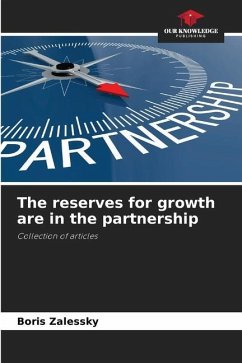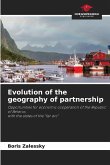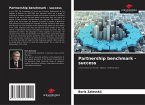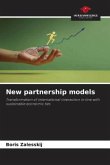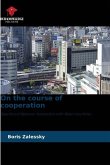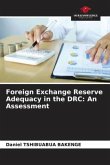In the first quarter of 2022, Belarusian exports of goods and services increased by half a billion dollars. At the same time the surplus was a record high of almost one billion dollars, including 1.2 billion dollars in services. The main increase in exports of goods was provided by producers of food, vehicles, woodworking and metal products. Among services, the IT sector, transport and financial services made the greatest contribution. An important detail: these indicators were achieved at a time when the Belarusian economy was undergoing structural transformation. Logistics chains, supply and sales markets are being rebuilt. Imports of components and raw materials are being replaced by domestic products or from friendly countries. Of course, the restructuring of the whole economic mechanism will take time. How does the international economic cooperation of the Republic of Belarus in the post-Soviet space develop in this context, with Azerbaijan and Uzbekistan? What is characteristic for interaction with partners in Southeast Asia - Vietnam and Indonesia? What is the development of the territories with preferential treatment in Belarus itself? Answers to these questions can be found in this study.

